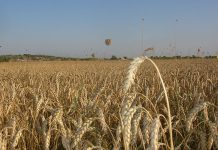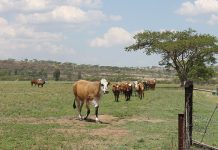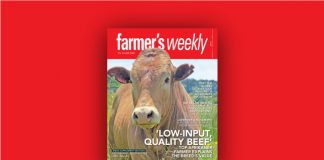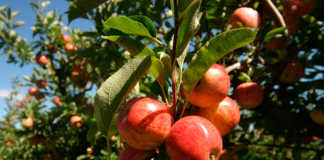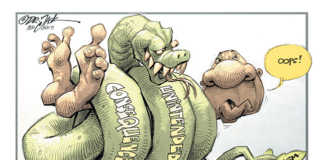Then, Statistics SA announced that the GDP had contracted by 1,3% in the second quarter (Q2) of 2015. Agriculture was the main culprit behind the quarter-on-quarter decrease in overall economic activity. Its contribution to GDP fell by 17,4% quarter-on-quarter.
Statistics SA said this was due to the current drought, the country’s worst since 1992, which resulted in decreases in the production of field crops and horticultural products. Economists reacted by warning that the decline raised the risk of the economy tipping into a technical recession (defined as two consecutive quarters of negative growth) in Q3 2015.
The poor Q2 GDP results were announced less than two weeks after President Jacob Zuma said, during a media briefing at his mid-year State of the Nation report-back, that government was committed to growing the economy by 0,8% by the end of this year, to bring total growth for the year to 2,8%. So much for that.
At a recent event in Cape Town, former president FW de Klerk listed seven reasons why people should continue to invest in South Africa, regardless of government “sending all the wrong messages to potential investors, particularly with regard to property rights”, and despite “negative perceptions arising from low economic growth, down-grading by ratings agencies and Eskom’s inability to generate sufficient electricity”.
The seven reasons are:
- South Africa has an excellent private sector;
- Its legal rights index is in the world’s top 20%;
- It has companies that can compete with the best in the world;
- It has the ability to manage large-scale projects;
- It has a large and as yet underdeveloped domestic market;
- It is one of the principal gateways to Africa;
- It is about to embark upon an enormous infrastructure expansion programme requiring investment of more than US$500 billion (R6,5 trillion) during the next 15 years.
Perhaps these are some of the reasons spurring confidence in the agricultural property market. This week’s Farmer’s Weekly features a ‘Buying a farm’ focus. Experts give advice on legal and other matters to be considered when buying a farm, and trends in the market are highlighted (see pages 42 to 44).
Uncertainty about the policy direction that government will take to speed up the land reform process is listed as one of the main risks facing the farming sector, and it is one of the reasons given for the rise in demand for leased land. However, judging by the rise in agricultural property prices, this has not been a strong deterrent to investment in farmland.
Get the digital issue of FW 4 September 2015 here.


